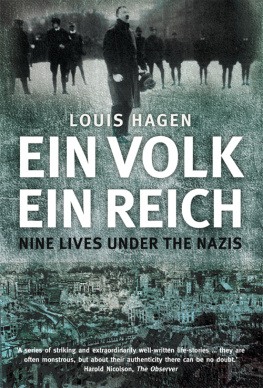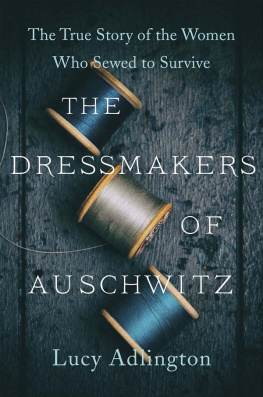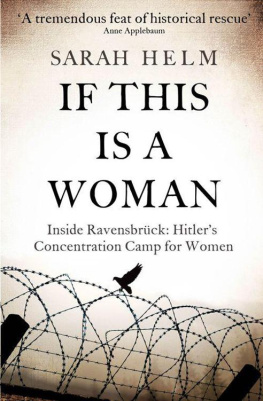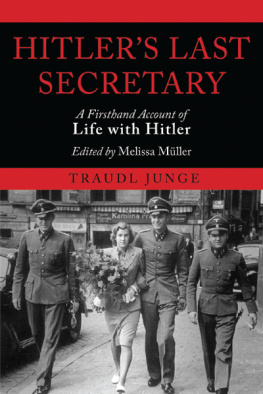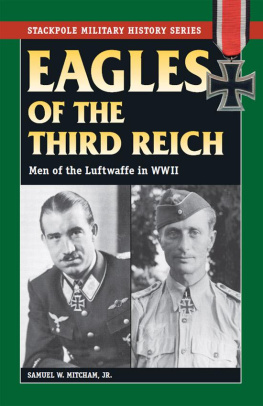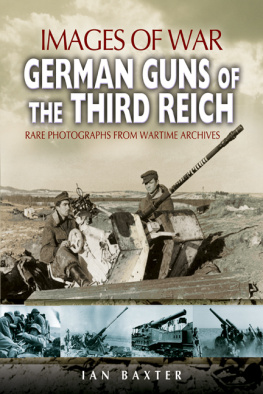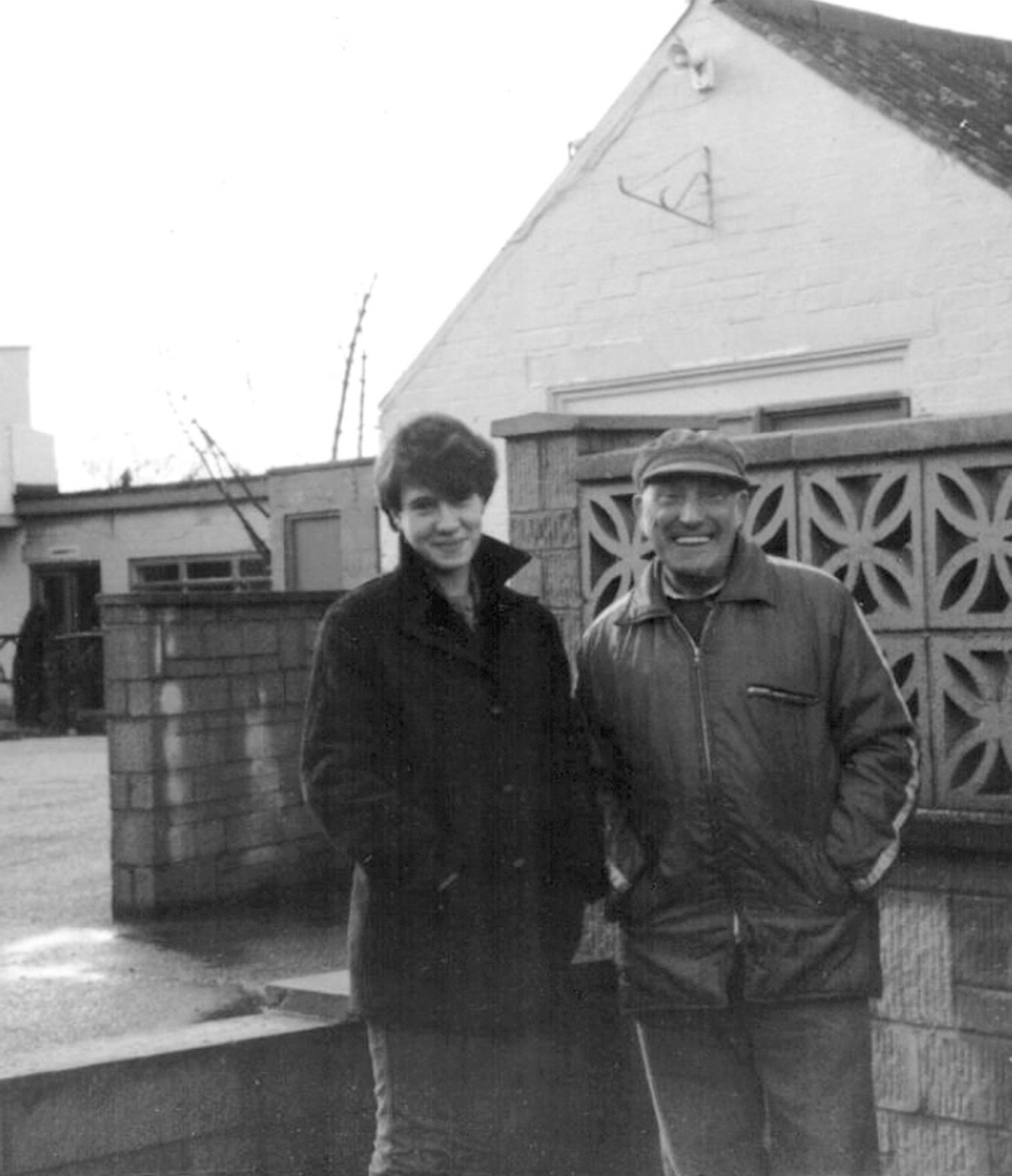Pagebreaks of the print version

Women of the Third Reich
Dedicated to the memory of Lesley Adshead who died, aged sixteen, on 9 November 1984.
Women of the Third Reich
From Camp Guards to Combatants
Tim Heath

First published in Great Britain in 2019 by
Pen and Sword History
An imprint of
Pen & Sword Books Ltd
Yorkshire - Philadelphia
Copyright Tim Heath, 2019
Hardback ISBN: 9781526739452
eISBN: 9781526739469
Mobi ISBN: 9781526739476
The right of Tim Heath to be identified as Author of this work has been asserted by him in accordance with the Copyright, Designs and Patents Act 1988.
A CIP catalogue record for this book is available from the British Library.
All rights reserved. No part of this book may be reproduced or transmitted in any form or by any means, electronic or mechanical including photocopying, recording or by any information storage and retrieval system, without permission from the Publisher in writing.
Pen & Sword Books Ltd incorporates the Imprints of Pen & Sword Books Archaeology, Atlas, Aviation, Battleground, Discovery, Family History, History, Maritime, Military, Naval, Politics, Railways, Select, Transport, True Crime, Fiction, Frontline Books, Leo Cooper, Praetorian Press, Seaforth Publishing, Wharncliffe and White Owl.
For a complete list of Pen & Sword titles please contact
PEN & SWORD BOOKS LIMITED
47 Church Street, Barnsley, South Yorkshire, S70 2AS, England
E-mail:
Website: www.pen-and-sword.co.uk
or
PEN AND SWORD BOOKS
1950 Lawrence Rd, Havertown, PA 19083, USA
E-mail:
Website: www.penandswordbooks.com
Violence is a discipline that requires as much effort, if not more, as the execution of peace.
Tim Heath
Introduction
A dolf Hitler possessed an intuitive sense of destiny as his aspirations to become an artist evaporated in the wake of the social and political chaos of the First World War. The collective feeling of betrayal spread like a disease through the social fabric of Weimar Germany. Its people were disillusioned, maddened by hunger and unemployment, and desperate for some miracle to lead them from the nightmare that resulted from defeat in the First World War. And so the German people embraced the National Socialists and their selfproclaimed messiah. Poisoned with Hitlers megalomania, German society sought to rid itself of the outdated values of its defeatist past. By 1939, however, Nazi Germany was ill prepared for a protracted war within Europe and beyond. She was lesser still prepared for a war that would soon have to be fought on two fronts.
How did the supposedly gentle and submissive haus frauen [housewives], bearers of children and guardians of the home become embroiled in the madness and horror of The Third Reich? How did their role within its administration, its concentration camps, its Luftwaffe flak arm, its fire service and militia units evolve in the way that it did? Why did they prove so vital to a system that expressed so much negativity towards womanhood?
This book explores the activities of young women who participated in the running of the most evil regime the world had yet known. Every testimony is unique, each a victim of circumstance entwined within the thorns of an ideological obligation: from those whose fingers issued typewritten dictates from above to those who operated telephones, radar systems, and fought fires as their cities burned around them; those who drove concentration camp inmates like cattle to their deaths, those who fired anti-aircraft guns at Allied aircraft and, ultimately, those who joined the militias when faced with the impending destruction of what should have been a one-thousand-year Reich.
For the many historians who have asked the question why the answers may well be discovered within the pages of this unique work. Women of the Third Reich: From Camp Guards to Combatants provides an intriguing, sometimes humorous, but often dark, brutal, shocking and unrelenting narrative into the murky hell of the human consciousness. But while the author provides an accompanying narrative throughout, this is their Pandoras Box, written in their own words.
Chapter One
Dismembering Innocence
B y 1939, membership of the Hitler Youth for both boys and girls was unavoidable. It was expected that all young Germans should join their respective organisation. Apart from the few sweeteners that the Nazis threw in to make Hitler Youth membership more appealing, it was merely an extension by which young people could be indoctrinated into Nazi ideology, its culture, expectations and principles. Girls and boys who excelled in the political ideology, sports, fitness and all of the basic practical aspects were rewarded handsomely. Certificates and badges were awarded for all manner of proficiencies within the organisation, and any boy or girl showing particular excellence in knowledge and leadership could rise through the ranks to become a troop leader within the Hitler Youth.
Ursula Betmann had joined the Bund Deutscher Madel [League of German Maidens] before it had become compulsory for girls to do so. She recalls:
I was a fifteen year-old totally swept away by the political happenings in Germany just prior to the Second World War. I had girlfriends whose parents were reluctant for their girls to become involved. They had to pay subscriptions, even bribes, to ensure their girls did not have to join. Of course, anyone who did not join was considered unpatriotic by others within the community. I had no such problems as my parents were hardline supporters of National Socialism. My parents paid for my uniform and I recall the first time I ever put it on. It was an amazing feeling and my parents looked at me full of pride. The BDM meetings held twice weekly were no holiday camp. The theory work was exhaustive and we could be asked any number of things about Hitler, his parents, and the Nazi Party. If we could not give a clear answer we would be shouted at and berated for not working hard enough. We had to know many political things such as who was in charge of which ministry within the Reich, those who were killed in the Beer Hall Putsch, Hitlers parents names and birthdates. Yes, there was lots we were expected to learn.
We learned much in daily schooling and after school we were given various books to study. Most important of all was Adolf Hitlers Mein Kampf [My Struggle]. This had to be studied religiously. Now, they could ask you absolutely anything from that book and they would expect you to answer coherently. I read Mein Kamp two, three, four times over. I understood it clearly and, yes, I believed in everything that it presented to the reader; particularly us as young Germans of the new generation. I could answer most questions that I was asked, which impressed our leader tremendously. I was also very good at sports: running, high jump, ball throwing and swimming. I gained many certificates for sporting achievement. In fact, I gained many of the awards in rapid succession. I was part of a gymnastics team that would compete all over the country and we even competed in Japan, winning many classes there. We were superbly fit all of the time as keeping us active and well fed became a national priority. Only when the Second World War broke out did we become second to the soldiers nutritionwise. On the BDM camps held throughout the summertime I would always be up first, asking the leader if there were any tasks she wanted me to do. Normally I would help rouse the other girls from their tents, make sure they were ready to start the day.

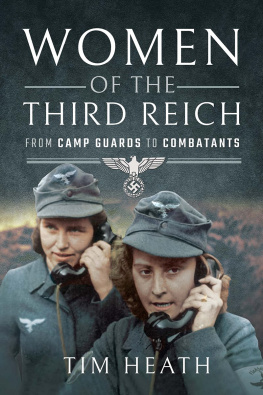


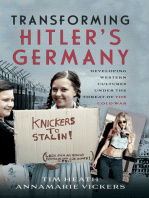
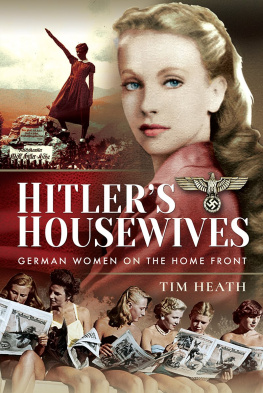
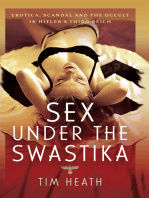
![Traudl Junge - Hitler's Last Secretary: A Firsthand Account of Life with Hitler [aka Until the Final Hour]](/uploads/posts/book/858776/thumbs/traudl-junge-hitler-s-last-secretary-a.jpg)
